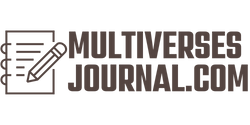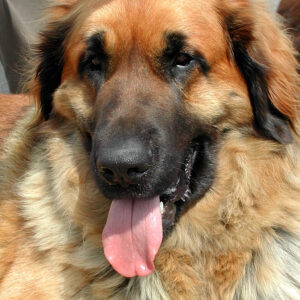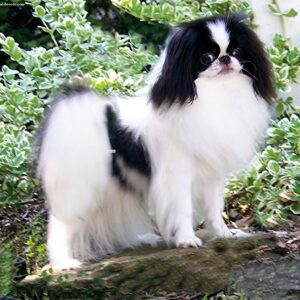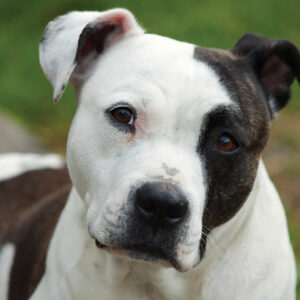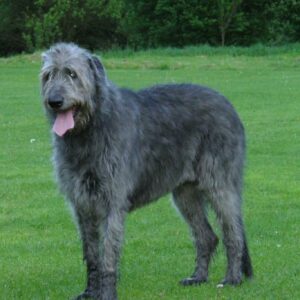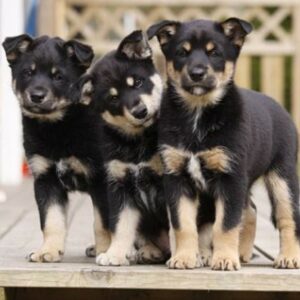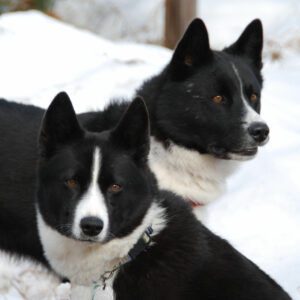Hey there, fellow dog lovers! Are you ready to learn all about the amazing Irish Terrier? These pups are full of personality and spunk, and we can’t wait to share everything we know about them with you.
History
The Irish Terrier is a breed that originated in Ireland (surprise!), around the 1800s. They were originally bred to be versatile farm dogs that could both hunt vermin and protect livestock. They were also used by Irish rebels to send messages during the Irish War of Independence.
Irish Terriers were first shown in dog shows in the late 1800s, and by the early 1900s, they had become quite popular in both the United States and Europe. Today, they’re still considered a beloved and relatively popular breed.
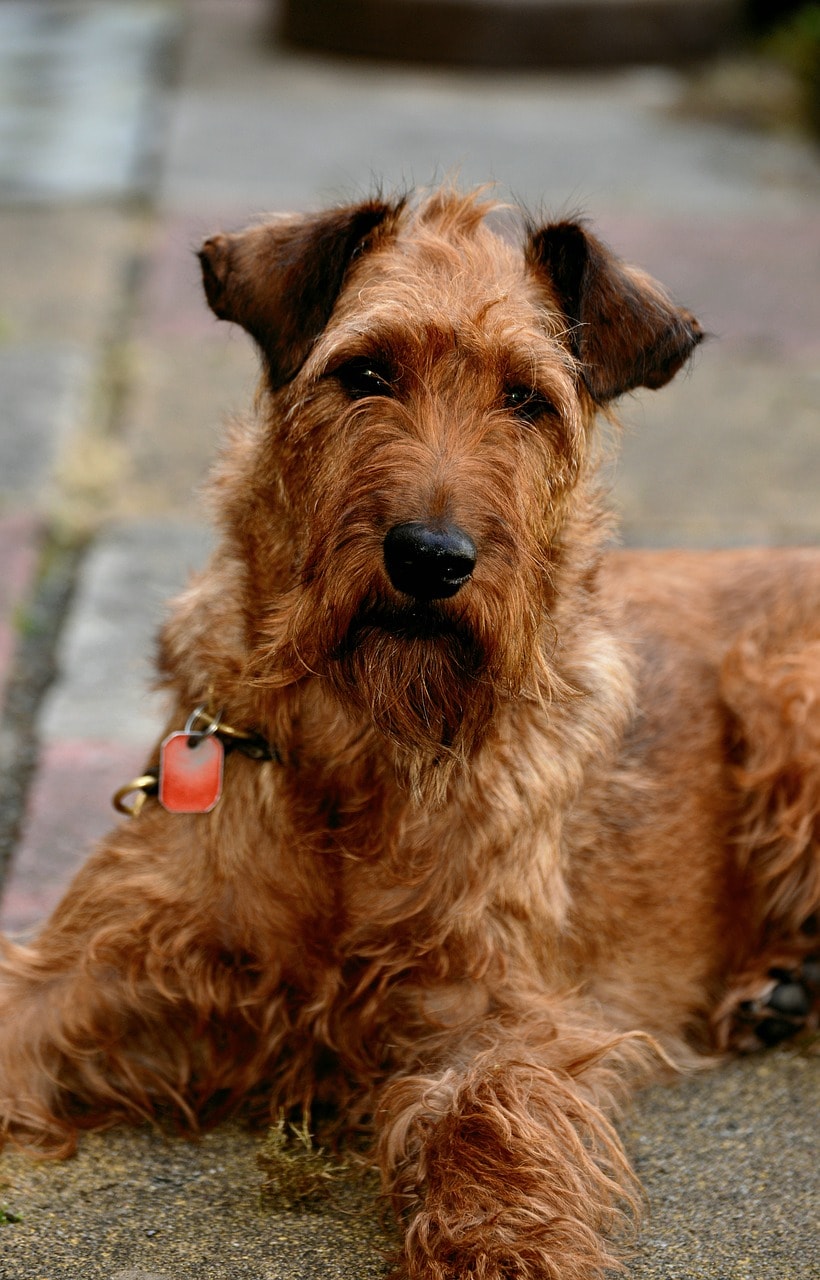
So why are Irish Terriers so popular? Well, for one thing, they have a distinctive and beautiful appearance. Their red coat is quite eye-catching, and they have a muscular build that makes them look strong and capable.
They also have plenty of energy and playfulness, which makes them great for families with active lifestyles. If you’re looking for a dog that can keep up with you during hikes or runs, an Irish Terrier might be just what you need!
Finally, these pups have a feisty and fun-loving personality that people just adore. They’re confident, curious, and always up for a good time.
Location of Origins
As we mentioned earlier, Irish Terriers come from (you guessed it) Ireland. More specifically, they were developed in County Cork by a man named Richard Power. Power wanted to create a dog that could hunt small game, protect livestock, and even serve as a messenger for Irish rebels.
Despite their Irish origins, Irish Terriers are now found all over the world! They’re a popular breed in many countries, including the United States, Canada, Australia, and the United Kingdom.

Characteristics
So, what are some of the characteristics that make Irish Terriers stand out? First and foremost, their appearance is quite distinctive. As we mentioned earlier, they have a beautiful red coat that can range from wheaten to mahogany. They also have a long, rectangular head, small ears that fold forward, and a sturdy build.
But it’s not just their appearance that sets them apart. Irish Terriers are also known for their spunky personalities. They’re confident, independent, and always up for a challenge. They’re also quite intelligent and eager to please, which makes them relatively easy to train.
Another interesting characteristic of these pups is that they don’t shed much, which makes them a good choice for people with allergies. However, they do require regular grooming to keep their coats looking their best.
Finally, Irish Terriers have a reputation for being quite healthy. They’re a hardy breed that doesn’t suffer from many of the health issues that plague other dogs. Of course, like all breeds, they’re not completely immune to health problems, but they’re generally quite robust.
Choosing the Best Foods
Feeding your Irish Terrier the right food is essential for keeping them healthy and happy. When it comes to choosing a food for your pup, there are a few things to keep in mind.
First and foremost, you’ll want to choose a food that is high in protein. Irish Terriers are an active breed, and they need plenty of protein to keep up their energy. Look for a food that has meat as the first ingredient.
Another important factor to consider is the size and age of your dog. Puppies and adult dogs have different nutritional needs, so make sure you’re choosing a food that’s appropriate for your dog’s stage of life.
Finally, you’ll want to choose a food that’s free from artificial preservatives, colors, and flavors. A natural diet is always better for dogs, and can help to prevent health problems down the line.
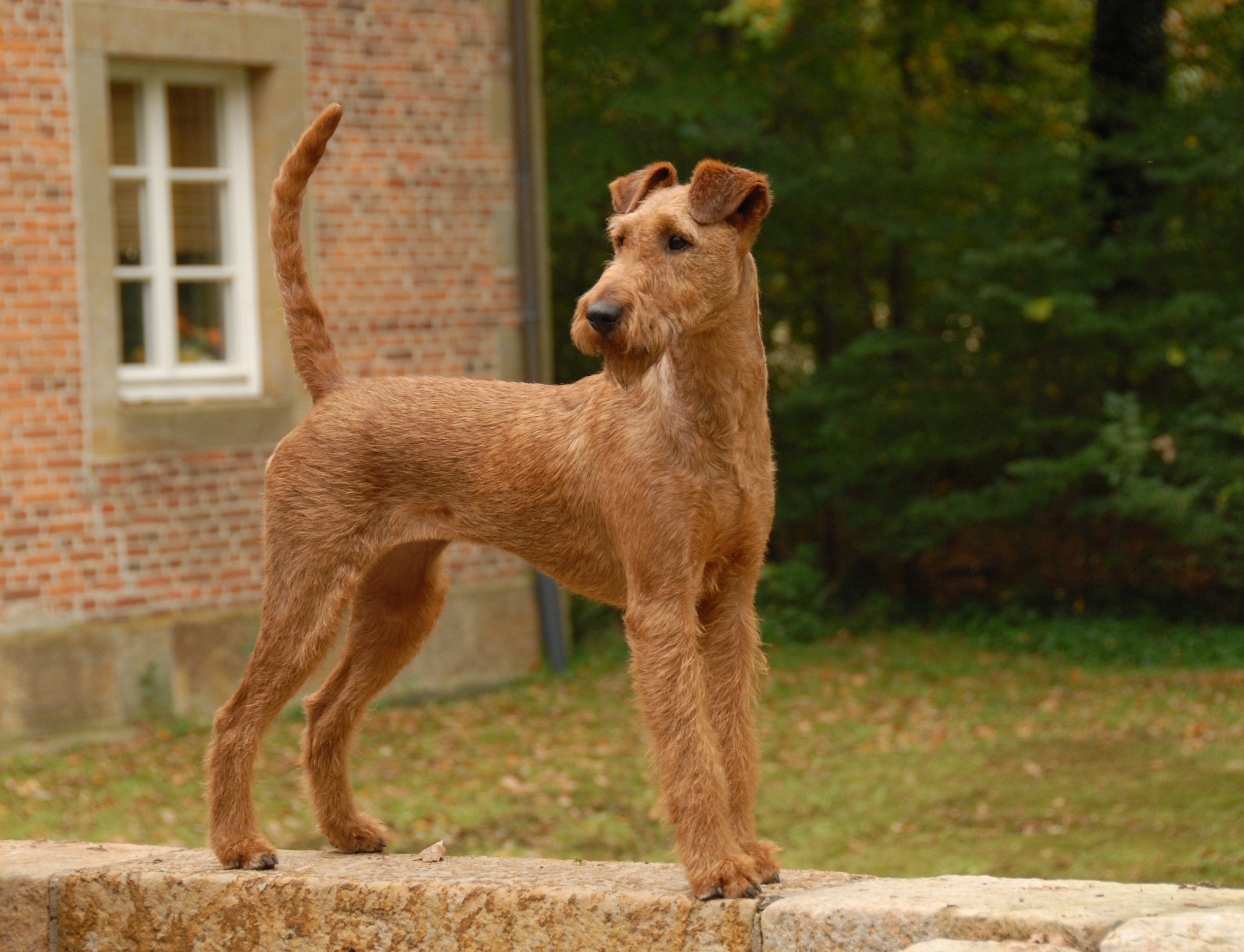
Training
Training your Irish Terrier is essential for making sure they’re well-behaved and obedient. Here are a few tips for training your pup:
- Start early: The earlier you start training your Irish Terrier, the easier it will be to train them.
- Be firm but gentle: Irish Terriers respond best to positive reinforcement, so be sure to use gentle but firm training techniques.
- Keep it fun: Irish Terriers are playful and energetic, so keep training sessions fun and engaging.
- Be consistent: Consistency is key when it comes to training your dog. Make sure you’re using the same commands and techniques every time you train them.
- Stay patient: Training a dog can be a long process, so try to be patient and enjoy the journey.
With a little patience and dedication, you can train your Irish Terrier to be a well-behaved and obedient companion.
Taking Care of Your Irish Terrier
Taking care of your Irish Terrier involves more than just feeding them and training them. Here are a few tips for keeping your pup healthy and happy:
- Regular exercise: Irish Terriers need plenty of exercise to keep up their energy and maintain their muscular build. Make sure you’re taking your dog for regular walks or runs.
- Grooming: While Irish Terriers don’t shed much, they do require regular grooming to keep their coats looking their best. Brush your dog’s coat regularly, and bathe them as needed.
- Dental care: Like all dogs, Irish Terriers can suffer from dental problems if their teeth aren’t taken care of properly. Be sure to brush your pup’s teeth regularly, and schedule regular dental check-ups with your vet.
- Regular vet visits: It’s important to take your dog to the vet for regular check-ups and vaccinations. This can help to catch any health problems early on.
- Plenty of love and attention: Finally, don’t forget to give your Irish Terrier plenty of love and attention. They’re a loyal and affectionate breed, and they thrive on human companionship.

FAQs
Are Irish Terriers good with kids?
Yes, Irish Terriers are a great breed for families with kids. They’re playful and energetic, and they love nothing more than spending time with their human family.
Do Irish Terriers shed?
Not much! While Irish Terriers do have a coat, they’re considered to be a relatively low-shedding breed. However, they do require regular grooming to keep their coats looking their best.
Do Irish Terriers get along with other dogs?
It depends! Like all breeds, Irish Terriers can vary in their temperament and socialization skills. However, if a Irish Terrier is properly socialized from an early age, they can usually get along well with other dogs.
Conclusion
Well, there you have it – everything you need to know about the wonderful Irish Terrier. From their spunky personalities to their beautiful red coats, these dogs are truly special. If you’re looking for a loyal and affectionate companion with plenty of energy and playfulness, the Irish Terrier might be just what you need. So why not add one of these amazing dogs to your family today?
